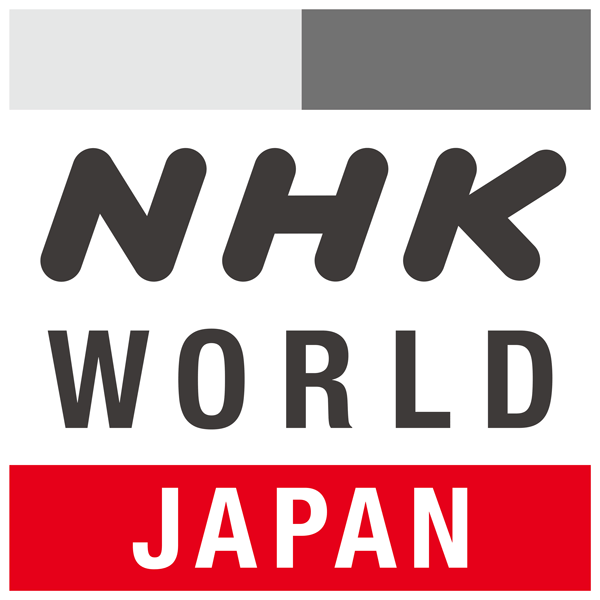Waste Management Cooperation in Developing Countries
Information
Today, environmental impact is increasing in developing countries due to economic development and urbanization, waste from mass production and consumption, as well as domestic and industrial wastewater causing water and air pollution. Japan has been working to address such pollution and social issues for many years, and many organizations and local governments have abundant experience in dealing with these issues. Japan's private companies also possess eco-friendly technologies and services that can address these environmental challenges.
In order to efficiently leverage Japan’s experience, examples, and technology to support developing countries, the Japan International Cooperation Agency (JICA) works with the Japanese government, international organizations, and many other stakeholders to spearhead broad initiatives. One of these initiatives, called the "JICA Clean City Initiative (JCCI)," was launched in 2022. JICA aims to prioritize environmental management policies and infrastructure development in developing countries and regions, working towards the realization of "clean cities."
This program focuses on a successful JICA project in Dhaka, the capital of Bangladesh, implemented for over 20 years. The insights gained in Dhaka are now being applied in a project in Juba, the capital South Sudan. The program also showcases waste management initiatives implemented in Kiambu County, Kenya, and Samoa in Pacific countries.
Gallery




































